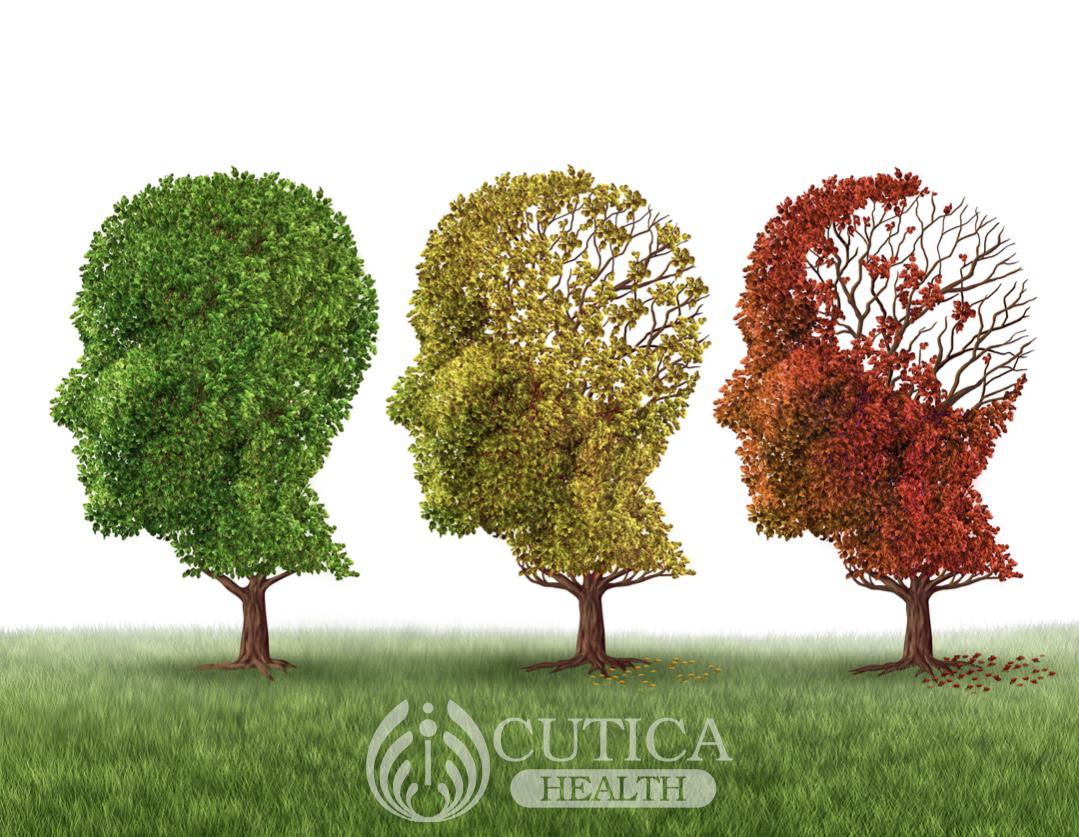
Although there is often doubt about whether children can have psychiatric disorders, it is now recognised that children and teenagers all over the world DO suffer from mental health problems, including depression. Depression should be suspected if a young person seems to be experiencing changes in their emotions or behaviour which are not improving. Important signs may include unusually prolonged sadness or angry mood changes, boredom or inability to enjoy things as much as before, and unexplained tiredness, as well as poor sleep, appetite changes, and problems with academic performance. Oftentimes something stressful may have happened, and it is important to try to address this. It is important to be vigilant and to seek help as soon as possible for a child or young person, especially because the risk of suicide may increase if depression is not identified and treated.
Tara had seemed to be “unwell” for some time. A 15-year old girl who was not the “loud” type, everyone liked and admired her because she was an all-rounder. She topped the class in almost all her subjects, and was good in athletics and extra-curricular activities. Over the past month however, Tara had been unusually withdrawn. She appeared absent-minded in class and looked exhausted.
She was hardly eating and didn’t seem interested in anything, including her favourite pastime of spending time with friends. Her mother found her crying in her room on three different occasions, but Tara would not say what was wrong.
Tara’s family had been having financial struggles since Tara’s father lost his job 6 months ago. About three months ago, Tara’s mother had informed the children that the parents were “separating” because “Daddy could not cope anymore”.

Tara’s school performance was clearly dropping. One afternoon, her mother received a call from a teacher who found a diary in which Tara wrote about life being “hopeless”, and about feeling “trapped” and “worthless”. She had mentioned a “plan” that would “solve all these problems” and make her “free”.
Can Children be Depressed?
It is common to hear people comment that children “cannot be depressed”. Afterall “what are they thinking about?” “what responsibilities do they have to worry about?”. This suggests that most people perceive that depression results when people “think too much”. It is true that an introspective temperament, and tendency to keep deep emotions to oneself has been associated with “melancholia”, an old term used to describe a feeling of deep sadness. But depression is more than just having feelings of sadness, and may not be caused just by “thinking too much” or “worrying all the time”.
Science now recognises that there are numerous factors that determine who could suffer from mental health problems and who might not. Many of these factors affect adults as well as young people. Because of this, it is possible for children to experience depression as seriously as experienced by adults.
What Are some Signs of Depression in Children?
Experts agree on some central features seen in people who are depressed: persistent low mood, loss of interest in previously enjoyable activities, and reduced energy levels or marked tiredness. Each of these signs may be seen in children or teenagers who are depressed, but there are some characteristics that make depression different in the younger age group. Episodes of depression in children tend to last longer without treatment, sometimes going on for several months to a year, compared to depressive episodes in adults. Unlike the predominant low mood seen in adults, a depressed adolescent may seem to be normal in their mood a lot of the time. They may be noticed to fluctuate a lot in their mood, with some being unexpectedly irritable and easily angered a lot of the time. A depressed teenager may seem to enjoy the same pleasurable activities as they used to, but close interaction may reveal that their feelings of pleasure may be shallow and short-lived. Because of this, they may seem to become bored or disinterested quickly. They may find it difficult to maintain concentration, and this may manifest in school difficulties, and a drop in their academic performance.

Children and adolescents with depression may show a reduction in motivation. There may be a noticeable change in appetite, with the young person often eating less, but sometimes more, than previously. Very often, there are sleep difficulties – problems with falling asleep, waking up repeatedly at night, or waking up long before daybreak and not being able to go back to sleep.
In relatively severe forms of depression, children may experience uncommon symptoms, like unusual feelings of guilt, or they may become convinced about negative things, such as being responsible for bad things happening. They may report that they hear voices that others do not hear, often with the voices telling them sad or frightening things. It is relevant to note that some of these symptoms may be related to the reason why some children are branded “witches” in parts of Africa. Such children actually need urgent mental health intervention, not victimization for crimes they may never have committed.
It is not uncommon for depressed young people, especially teenagers, to express thoughts of hopelessness, and they may think about suicide or even make attempts at harming themselves or taking their own lives.
What Factors may Lead to Depressive Symptoms in Children?

When a child has symptoms of depression, it is very natural to wonder about where such symptoms “came from”. It is not very clearly understood why one child may have depression and why another may not, although the general understanding is that some factors may increase the risk for depression, and these factors could be genetic, or caused by the social environment.
Genetic factors are quite difficult to measure with certainty. However, if there are several people in the child’s family who have suffered with depressive symptoms, the child or teenager may have some vulnerability to developing depression if exposed to sufficient stress. Such stress could come from social influences. In Tara’s example above, the trauma of her parents’ separation, together with the family’s financial hardship, could have been a trigger. For other children, the trigger could be bullying by peers, trauma from physical or sexual abuse, or other stressful experiences. Any of these may serve as a “push over the edge” for a child already vulnerable due to their genetic or temperamental make up.
What Should I Do if I think a Child May be Depressed?
Depressive symptoms in young people can be missed or misinterpreted. It is important to be vigilant and curious if a child seems to be experiencing a significant change in emotions or behaviour. If this seems to be persisting, a gentle, supportive talk with someone the child trusts may help to get facts about what may be going on.
When a stressful situation can be identified, it is important to do one’s best to change it. In situations when symptoms continue, worsen, or seem to be particularly serious, it is important to seek the help of a medical or mental health professional. This is very important if a child or adolescent seems to be having thoughts or plans of suicide, or is deliberately doing things to harm themselves.
Contributed by Dr. Olurotimi Adejumo












